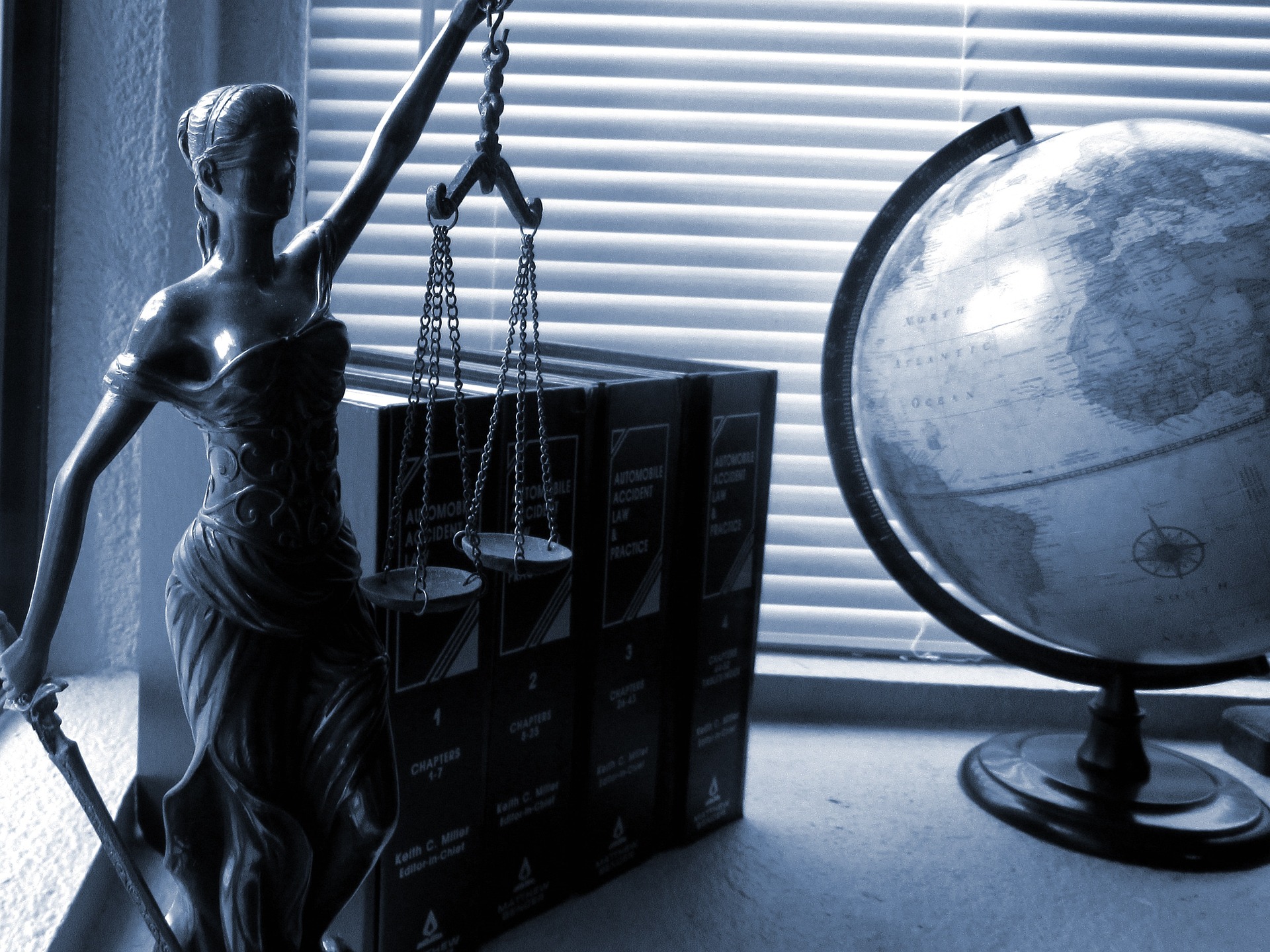Reevaluating Qualified Immunity: A Debate at the Intersection of Law and Society
In recent years, the doctrine of qualified immunity has come under scrutiny, sparking passionate debates in both legal and social circles. Introduced to protect government officials from frivolous lawsuits, this legal provision has evolved into a contentious issue due to its potential misuse. This article delves into the historical context, recent developments, and societal implications of qualified immunity, providing an accessible and insightful look at this complex legal doctrine.
A Historical Overview of Qualified Immunity
Qualified immunity originated from the Civil Rights Act of 1871, which allowed citizens to sue government officials who violated their constitutional rights. However, over time, the courts introduced the concept of qualified immunity to protect officials from lawsuits unless they violated “clearly established” constitutional or statutory rights. This provision was intended to safeguard officials from the threat of constant litigation, which could deter public service.
Recent Legal Developments
In recent years, the “clearly established” requirement has drawn criticism, with detractors arguing that it sets an almost insurmountable bar for plaintiffs. The criticism stems from the fact that a right is considered “clearly established” only if a previous court case, with nearly identical facts, has already ruled that such conduct was unlawful, thereby limiting the scope of civil lawsuits.
The Supreme Court and Qualified Immunity
The U.S Supreme Court has largely upheld the doctrine in multiple cases, reinforcing its relevance in the legal landscape. However, the court has also acknowledged the concerns associated with the doctrine. In 2020, Justice Clarence Thomas called for a reevaluation of qualified immunity, suggesting that it may have deviated from its historical origins and intent.
Societal Implications and Ongoing Debate
The doctrine of qualified immunity has significant societal implications, particularly in cases involving police misconduct. Critics argue that it shields public officials from being held accountable for their actions, thereby undermining public trust in government institutions. On the other hand, proponents maintain that it is a necessary protection for officials who have to make split-second decisions in volatile situations.
The debate over qualified immunity has also spilled into the legislative realm. Some states, such as Colorado and Connecticut, have passed laws to limit or abolish the doctrine, reflecting growing public sentiment against its perceived abuse.
A Balanced Perspective
While the criticism against qualified immunity is valid, it’s essential to remember the original intent of the doctrine: to protect public officials from frivolous lawsuits that could interfere with their duties. Striking a balance between accountability and protection is not straightforward, but it is a necessary task for the legal system.
Qualified immunity is a complex issue that requires careful thought and discussion. As society continues to grapple with this doctrine, it’s crucial that we understand its historical context, current legal status, and potential implications. Only then can we engage in informed debates and contribute to shaping a legal system that is both fair and efficient.






